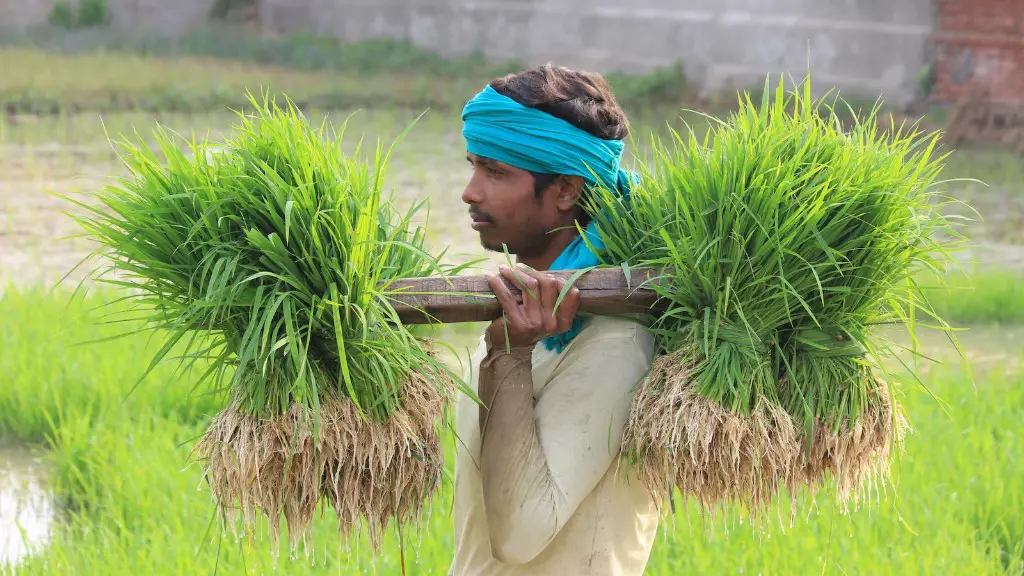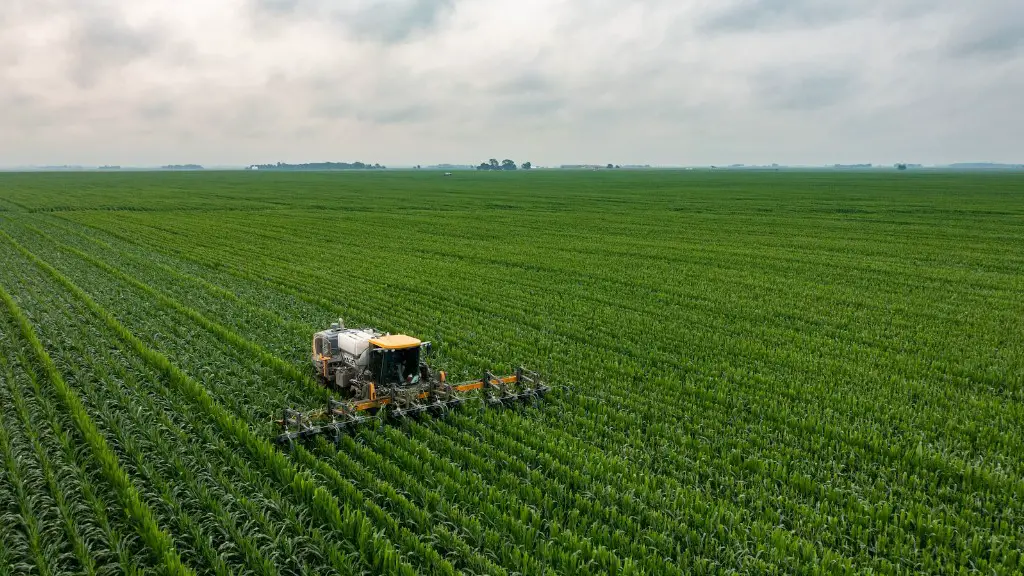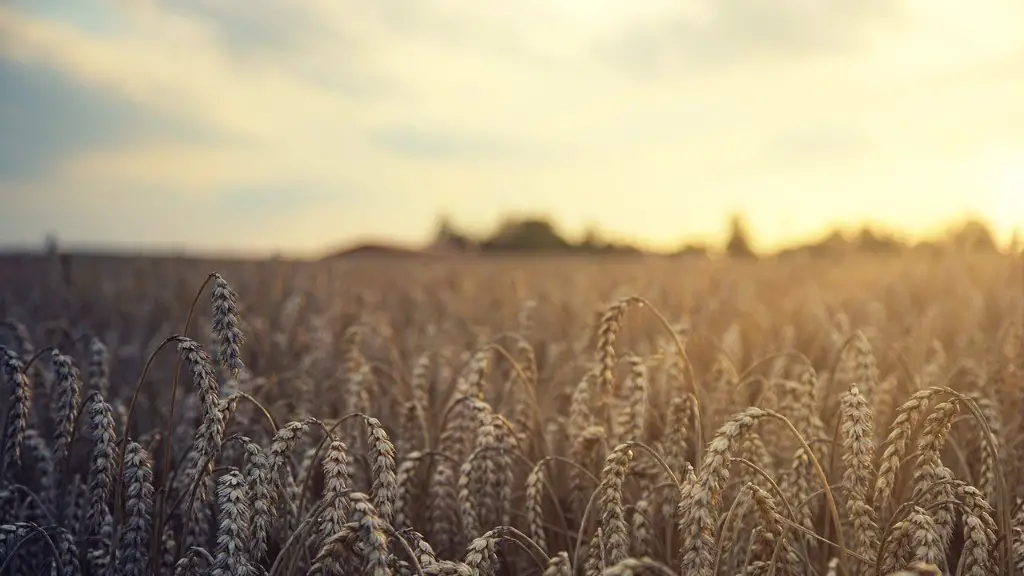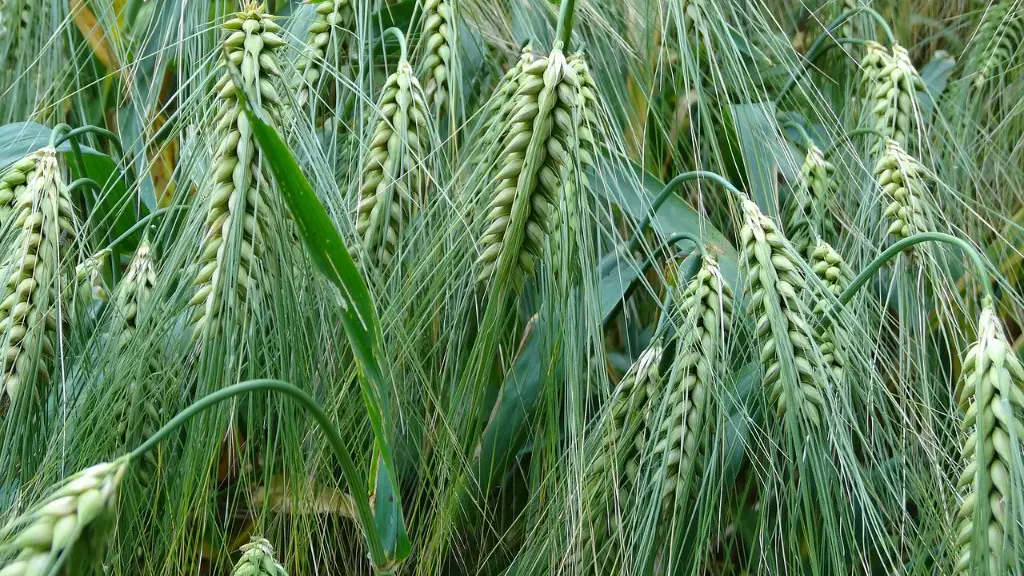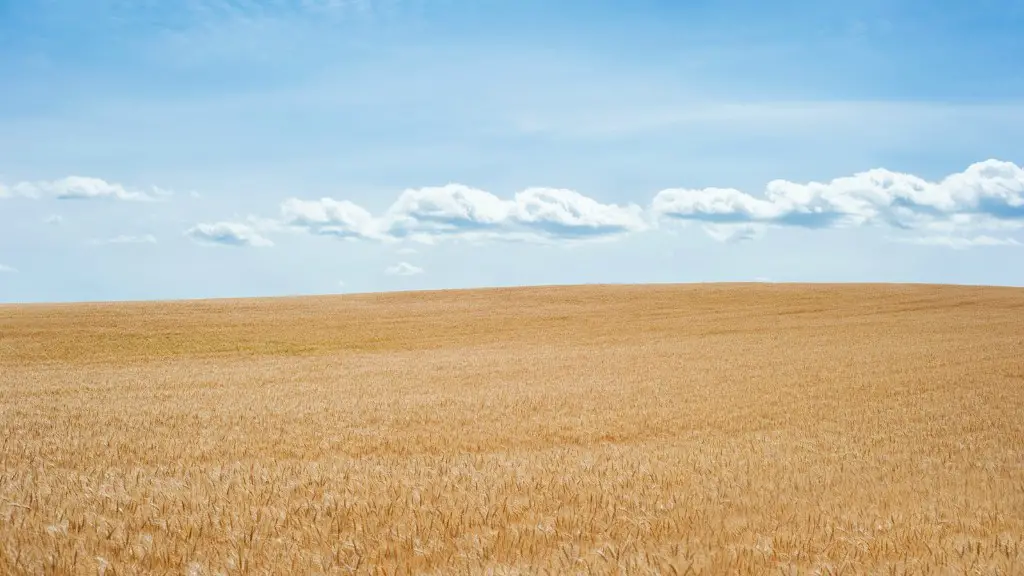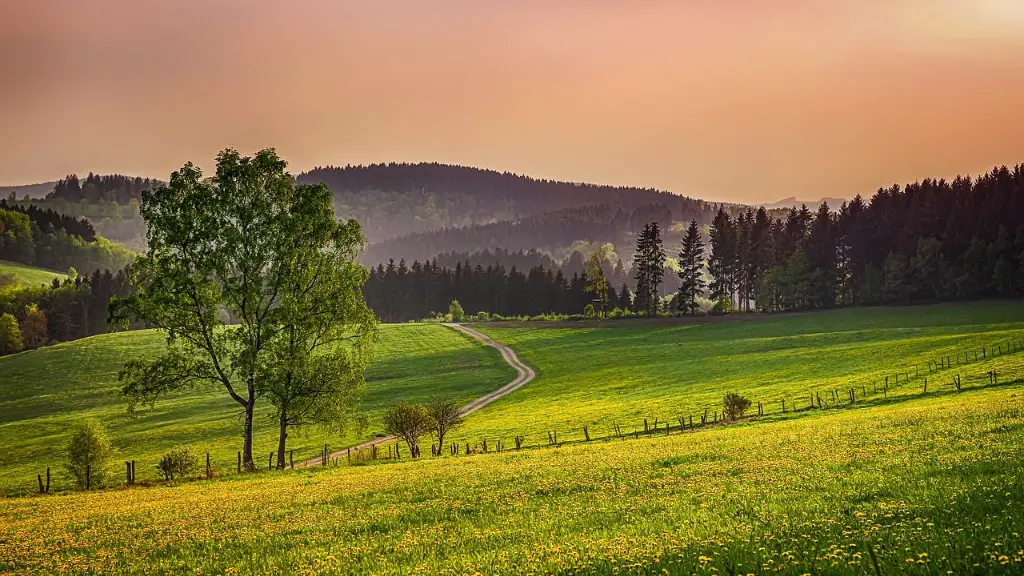The study of the origin of agriculture is important because it can help us to understand how and why crops were first domesticated. It can also give us insight into the lives of the people who first began to farm. Agriculture is thought to have originated in several different parts of the world, including the Fertile Crescent, China, and Mesoamerica. Each of these regions has its own unique history and climate, which likely influenced the type of crops that were first domesticated.
The origins of agriculture can be traced back to the Pre-Pottery Neolithic Period, also known as the New Stone Age, when early humans began to domesticate plants and animals. Agriculture allowed for the domestication of plants and animals, which led to the development of civilizations. Agriculture allowed for the growth of cities and the rise of civilizations.
Where did agriculture originate from?
Agriculture is thought to have originated in a few small hubs around the world, but the first evidence of it comes from the Fertile Crescent, a region in the Near East that includes parts of modern-day Iraq, Syria, Lebanon, Israel, and Jordan. The Fertile Crescent is thought to be where crops were first domesticated, and it was from here that agriculture spread to other parts of the world.
The Egyptians were some of the first people to practice agriculture on a large scale. This was made possible by the development of basin irrigation, which allowed them to grow crops in a more efficient way. The Egyptian agriculture allowed for the growth of a large population, which in turn allowed for the development of civilizations.
What was the first form of agriculture
Agriculture was a major breakthrough for humanity, as it allowed us to settle down and form civilizations. Agriculture allowed us to domesticated plants and animals, which led to a more reliable food supply. Agriculture also allowed us to surpluses, which allowed us to trade and commerce.
Agriculture has been an important part of human society for millennia. It was first developed at least 10,000 years ago, and has since undergone significant changes and development. Agriculture has independently developed in various parts of the world, such as northern and southern China, Africa’s Sahel, New Guinea, and several regions of the Americas. It has played a vital role in the growth and development of human civilization, and continues to do so today.
Who is first in agriculture in the world?
China has 7% of the world’s arable land and with that, they feed 22% of the world’s population. The country has been able to do this by investing in irrigation and farming technologies.
The time period for the beginning of agriculture in the world is about 8000 years old. Humans started farming about 8000 years ago. Some such areas were found in the north-west of India where humans started growing crops like wheat and barley about 8000 years ago.
How did early humans start farming?
When the climate of the world changed, people started noticing places where edible plants were found. They started growing their own plants and thus became farmers. This allowed them to have a reliable source of food, which was important for survival.
There are two groups of theories that attempt to explain why agriculture originated: environmental and demographic. Environmental determinism is the idea that human action is in response to environmental circumstances. This theory suggests that agriculture originated in response to a change in the climate, which made hunting and gathering no longer possible. Another theory is that agriculture originated due to population growth. This theory suggests that as the population increased, there was not enough food to support everyone. In order to ensure that everyone had enough to eat, people began to farm.
What was the first crop grown by humans
These two crops were some of the first to be cultivated by early humans, and they have been essential to human societies ever since. Both wheat and barley are highly versatile grains that can be used in a variety of ways, and they have been a staple of the human diet for millennia. Today, these two crops are still very important, and they are grown in many parts of the world.
Lentils have been an important part of human history for over 13,000 years. Today, we add them to stews, soups, and salads to enhance the flavor. In ancient times, however, lentils were an important food source that helped to establish modern societies.
Which country is no 1 in agriculture?
The Peoples Republic of China is the world’s most populous country, with a population of over 1.3 billion. China also has the world’s largest agricultural sector, accounting for about 10% of the global agricultural output. In terms of production, China leads the world in the production of fruit, vegetables, cereals, cotton, eggs, and poultry. The country is also a major producer of tobacco, tea, and soybeans.
Norman Ernest Borlaug was an American agricultural scientist and humanitarian who is considered by some to be the “father of modern agriculture” and the father of the green revolution. He won the 1970 Nobel Peace Prize for his life’s work.
How did humans live before agriculture
Hunter-gatherer cultures have existed for thousands of years and rely on foraging or hunting to obtain food. This was the only way of life for humans until around 12,000 years ago, when evidence of the emergence of agriculture appears in archaeological studies. Hunter-gatherers are often nomadic, as this way of life requires little in the way of permanent settlement. The nomadic lifestyle also allows for greater mobility, which is necessary in order to follow food sources.
For decades, scientists have believed that our ancestors took up farming some 12,000 years ago because it was a more efficient way of getting food. However, new research suggests that the transition to agriculture may not have been driven by economic necessity, but by environmental change.
According to the new study, published in the journal Nature, the rise of farming coincided with a period of rapid environmental change, including a dramatic shift in temperature and rainfall. This change, the researchers say, may have made hunting and gathering increasingly difficult, leading our ancestors to turn to agriculture as a way to adapt.
The study provides an alternative explanation for the origins of agriculture, and underscores the importance of environmental change in shaping human history.
Where did farming first develop and why?
Farming began c 10,000 BC on land that became known as the FERTILE CRESCENT. Hunter-gatherers, who had traveled to the area in search of food, began to harvest (gather) wild grains they found growing there. They scattered spare grains on the ground to grow more food.
Agriculture plays a vital role in the economy of a country. It is one of the main sources of income and employment. It also provides food security and raw materials for industries.
Agriculture is a complex sector and is constantly evolving. It is under pressure from various factors such as climate change, water scarcity, soil degradation, declining crop yields, and growing population.
The sector faces challenges in terms of productivity, sustainability, and competitiveness. There is a need to increase productivity in a sustainable manner. This can be achieved through the use of technology, better management practices, and increased investment.
The sector also needs to be more competitive in order to attract and retain talent. This can be done by providing better working conditions and creating an environment that is conducive to innovation and creativity.
What three factors played a role in the origins of agriculture
The development of agriculture can be attributed to a variety of factors, including the global temperature, a good supply of plant forage, and a steady increase in population. The combination of these factors led to the perfect conditions for the development of agriculture.
Government is necessary because humans are not perfect. There are many different theories on government, but the main ones are evolutionary, force, divine right, and social contract. Each theory has its own explanation for why government is necessary. The evolutionary theory states that government is necessary because humans have evolved over time and need a government to keep order. The force theory states that government is necessary because humans are not strong enough to live without government. The divine right theory states that government is necessary because God has given humans the right to have a government. The social contract theory states that government is necessary because humans have agreed to form a government in order to better their lives.
Warp Up
The game of thrones books
The history of agriculture can be traced back to the very beginning of human civilisation. The first crops were probably grown in the Fertile Crescent, an area in the Middle East that includes the countries of Mesopotamia, Egypt, Iran and Turkey. This is where some of the world’s earliest civilisations developed, and it is thought that early farming methods were developed here. Agriculture allowed for the domestication of plants and animals, which led to the development of settled communities and the rise of civilisation. Agriculture has played a vital role in human history, and it continues to be an important part of the global economy today.
The origin of agriculture is a matter of debate. One theory suggests that it originated independently in different regions of the world. Another theory suggests that it was first developed in the Fertile Crescent region of the Middle East.
